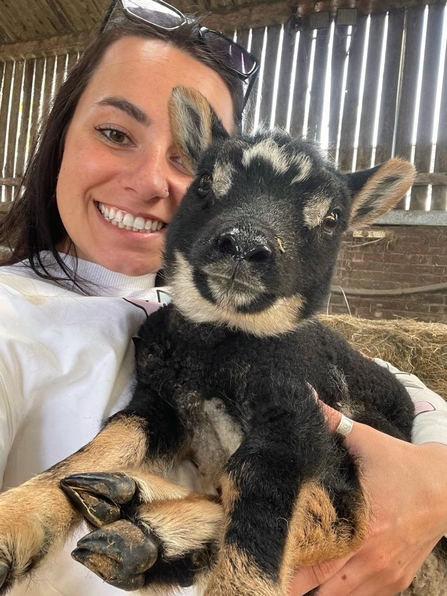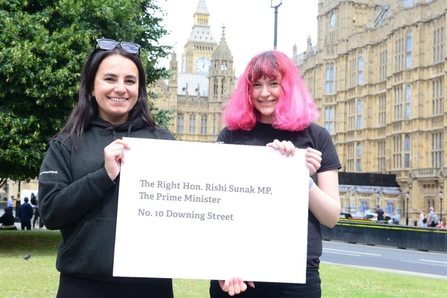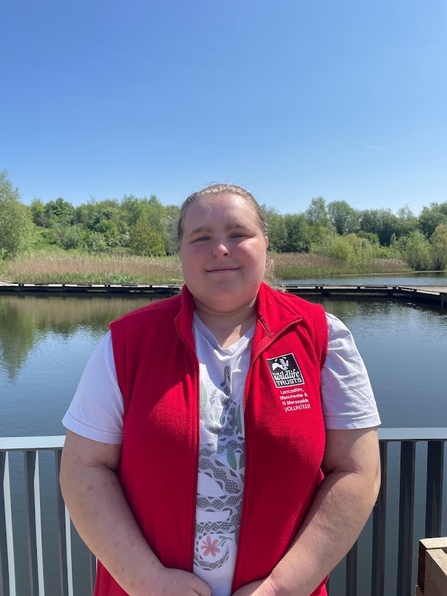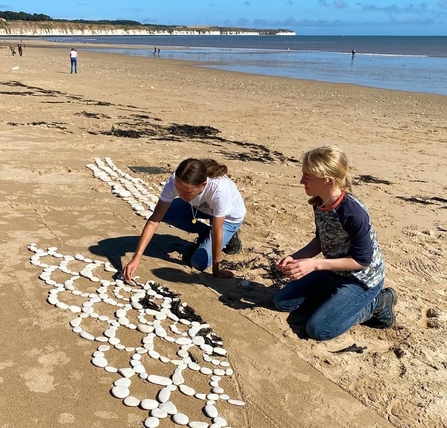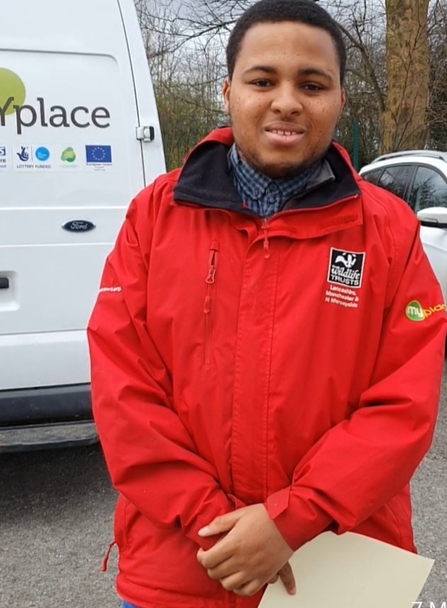6-10th November marks The Wildlife Trusts' Hope Week. For the final day of Hope Week (10th Nov) we want to highlight and celebrate our young activists.
We spoke to some of our young activists about their involvement with Lancashire Wildlife Trust, what they enjoy about it and most importantly, their hopes for the future.
Izzy Cook, Youth Voice Officer
What made you want to join the LWT team?
I didn't enjoy school at all, so I took the job because I want to advocate for young people and help them discover there is a world outside of the classroom. The main thing I want to do is show young people that you can do good in the natural world on a tangible scale, and that you can act for wildlife no matter what you do.
What's your favourite part of working at LWT?
The people! I LOVE getting out and talking to and learning from different young people from across our patch. Through my job I get to work across teams, including heads of departments and the Trustees, so the work is really varied and exciting.
What is your hope for the future of youth activism?
I think it’s important that people don’t see the younger generation as the people who must fix the mistakes of previous generations. I hope every young person can be equipped with the skills, knowledge, space, and confidence to be able to stand up for what they believe in, and that they are listened to in the process.


